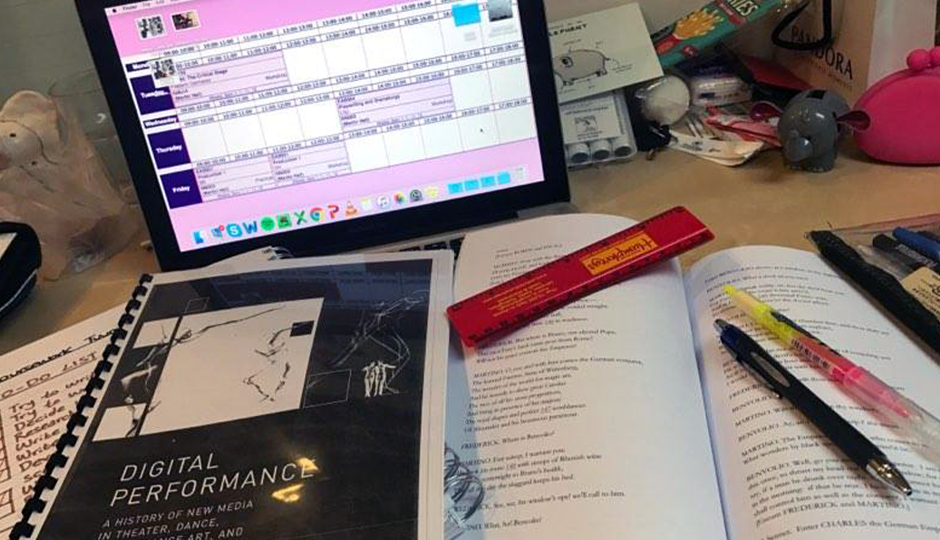My top 4 tips for revision

Exams are starting fairly soon and I’m sure everyone is really nervous about it. Luckily for me, I don’t have exams as my course is entirely based on coursework and performances. BUT, I have a few tricks up my sleeves from my A-Level days that you might find helpful.
1. Make a checklist
Before I start doing any sort of revision, I like to write a checklist of what it is I need to do before saying to myself: “I am ready for this exam”. Just jot down some important topics you really need to tackle. One thing I can say is definitely don’t spend too much time writing a checklist. Keep it short and simple, and the satisfaction of crossing or ticking off your tasks is enough motivation for me to keep going.
2. Look at past exam papers
Exams tend to follow a pattern and past papers are very good for identifying them. Now I’m not saying that questions will be repeated or anything, but doing past papers can definitely help you understand more of what to expect of the questions that will be on your paper and the standard that the answers you provide has to be.
Another good use of past papers is to help you practice writing under timed conditions. Pick yourself a past paper, lock yourself in your room/library, get rid of all distractions, start the stopwatch and start writing. When you start studying, it almost seems like you have all the time in the world to do it, but you have to remember that in the exam room you only have around 2 hours to get everything you have learned onto that piece of paper.
3. Turn off any electronics
It is important that you do not scroll on Facebook, text your friends or catch up on your TV series while you are studying. Don’t worry, I fall victim to this too. I understand how tempting it is to check your phone and you may tell yourself that you will only check for a minute but once you start scrolling, it gets difficult to stop. I suggest turning off your phone or laptop while revising and only turn them on during your breaks. If you really need your laptop to study then I would suggest downloading a software to blacklist specific websites like Facebook, Netflix, etc.
4. BREAKS
TAKE A BREAK. Cramming definitely shouldn’t be an option. It just tires your brain out and tires you out as well. Use this time to have a snack, check your phone or maybe even do some meditation. Give yourself 15-30mins to relax and then get back to studying for another hour. I wouldn’t suggest taking a nap because a lot of the time you will either not wake up in time or just wake up more tired. If you really do feel very tired then shut off for the day, close your revision books, go to sleep and start tomorrow when you feel more refreshed.
Good luck on your exams everyone and hope these tips were helpful.
Write a Reply or Comment